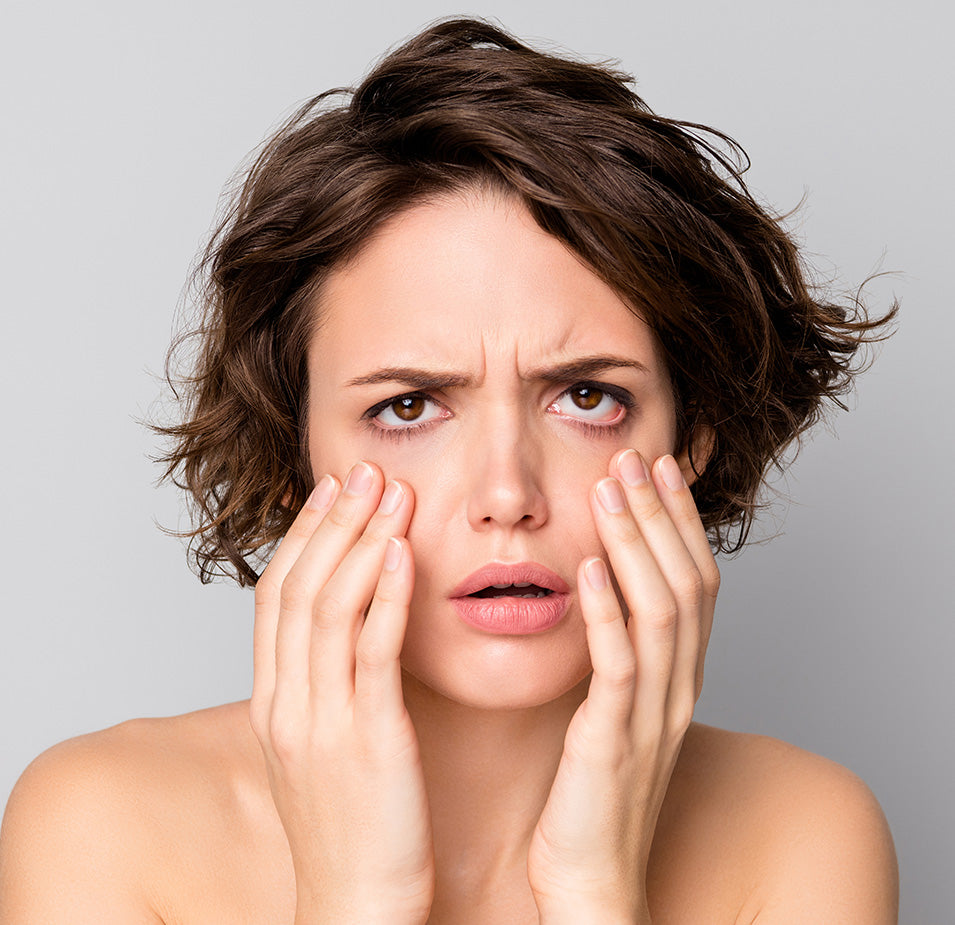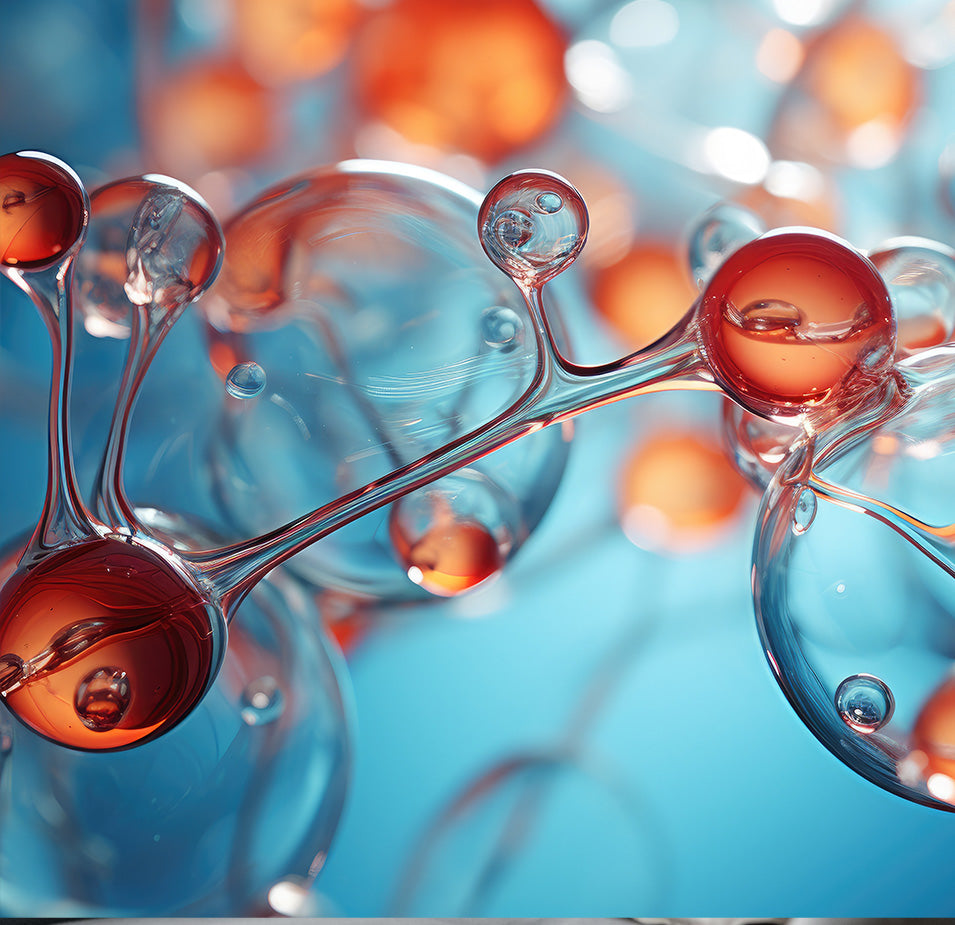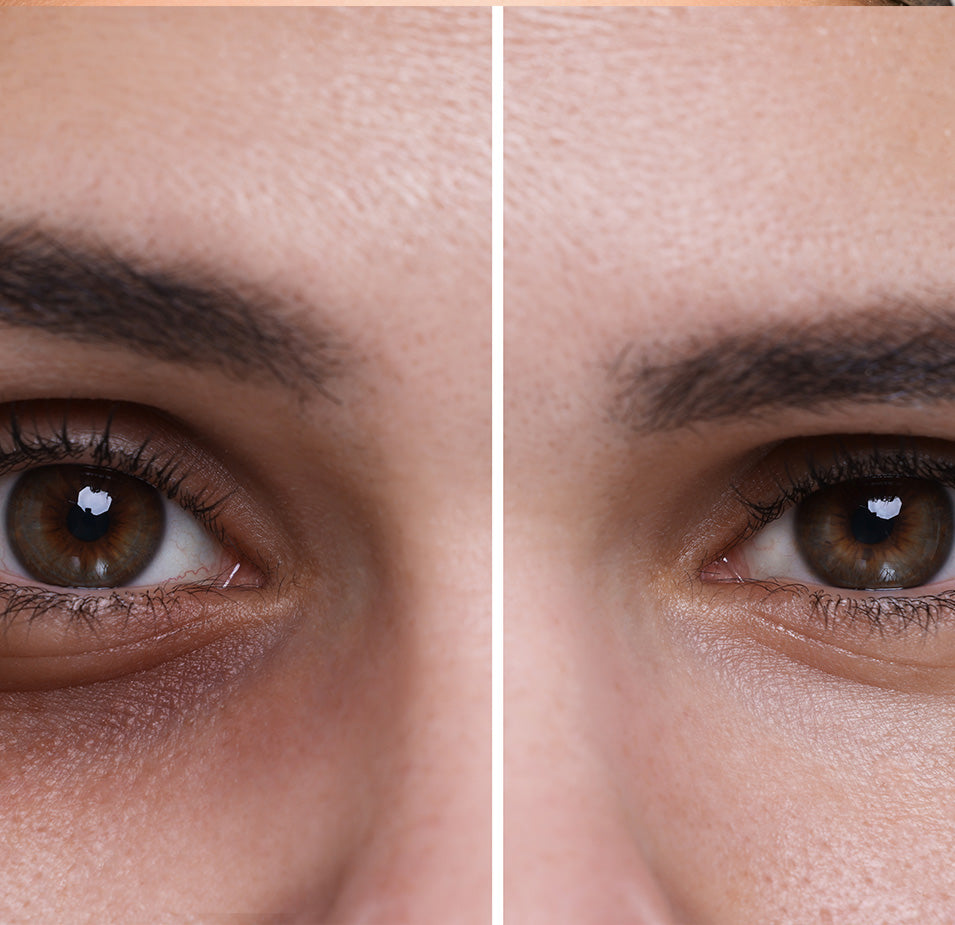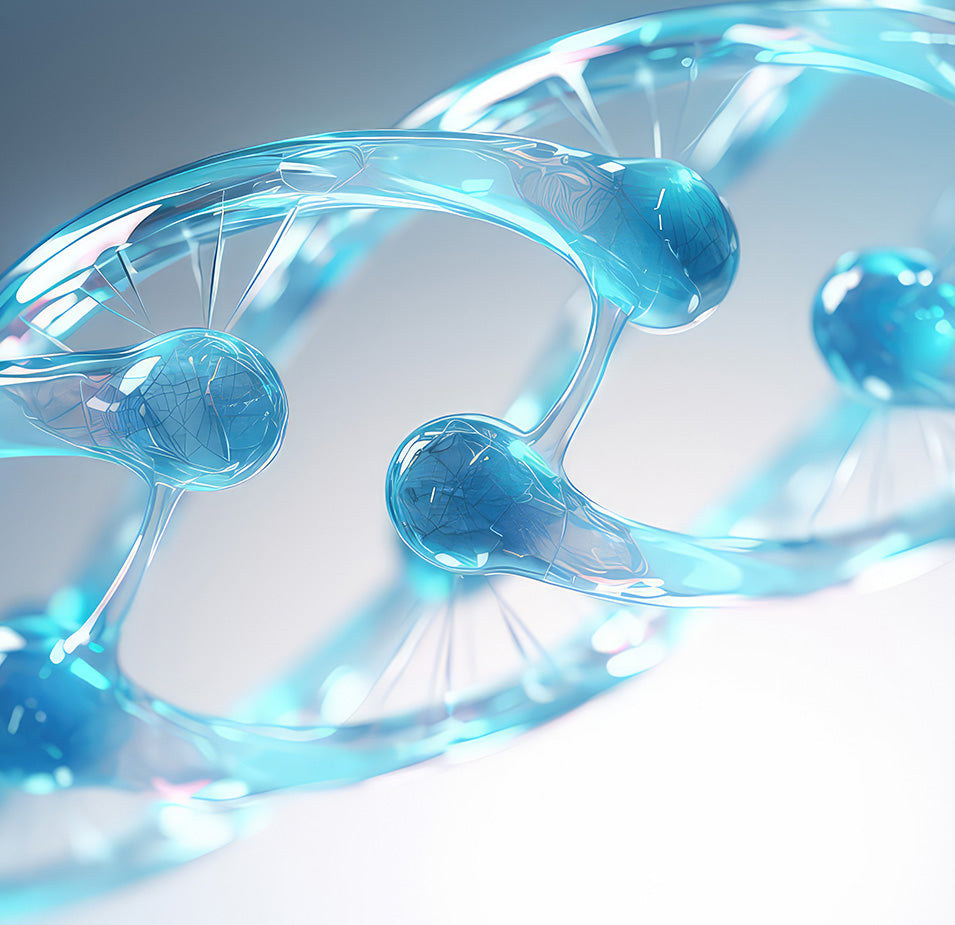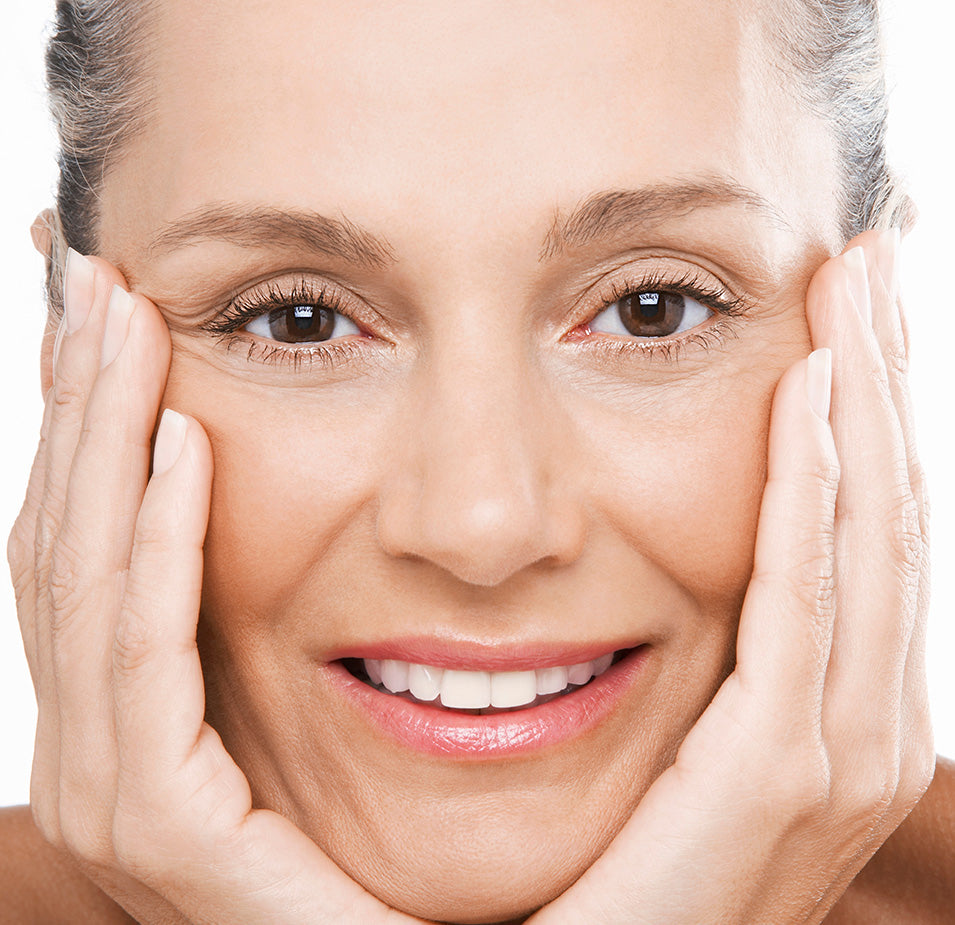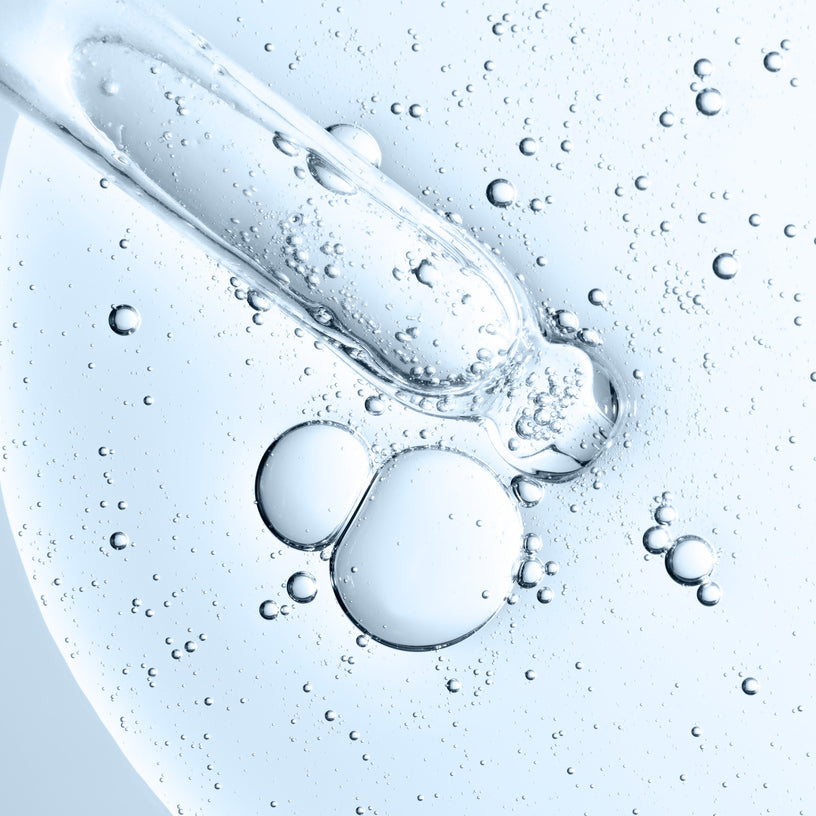
If you suffer from oily, sensitive, or acne-prone skin, you know that finding the right products can be a frustrating process. It takes time and effort to discover ingredients that resolve your cosmetic challenges without drying or irritating your skin.
Zinc PCA could be the answer you’re looking for. This promising treatment is clinically proven to control excessive sebum production, reducing inflammation and oiliness that can give rise to a host of adverse conditions.
|
The Basics Zinc PCA is considered one of the very best treatments for oily and acne-prone skin. It works with your skin to:
|
What is Zinc PCA?
Zinc is a vital micronutrient that is essential in small doses for the proper functioning of the human body. Part of more than 200 enzymes and proteins, zinc plays a key role in immune system regulation. In addition, research suggests that zinc plays an important role in cell growth, DNA synthesis, protein production, enzymatic action, and other important processes.
Consumption of a zinc-rich diet can help resolve a host of inflammatory skin issues, such as acne. Zinc also boasts strong antioxidant and anti-inflammatory properties, which make it a well-tolerated ingredient for those with sensitive skin types.
In combination with L-PCA (pyrrolidone carboxylic acid), zinc is found in a variety of skincare products including sunscreens, acne treatments, gels, and moisturizing creams.
What Does Zinc PCA Do For Skin?
We all to shine from the inside out—not because of excess oil on the surface of our skin. Zinc PCA is an excellent all-around treatment for oily skin, acne, and other inflammatory conditions, bringing the skin into harmonious balance and strengthening it against environmental stressors.
In peer-reviewed studies, researchers found that zinc PCA successfully produced a number of desirable results:
- Greatly reduces sebum production, making the skin less oily and prone to acne.
- Leads to the improvement in the water content of stratum corneum by reducing trans-epidermal water loss.
- Heals scars left behind by acne outbreaks.
Reducing Inflammation
Peer-reviewed studies show that zinc PCA controls sebum and oil production, creating a more favorable environment for clear, healthy skin. It also aids in reducing bacterial growth and skin inflammation, especially for those with skin conditions like psoriasis, rosacea, and eczema.
Studies show that the combination of zinc and PCA is provides powerful relief for pain, inflammation, and redness that occur due to acne and breakouts. According to experts, using cleansers and products that contain zinc PCA is the most effective way to treat inflamed and irritated skin.
Maintaining Optimal Hydration
Zinc PCA not only manages acne and inflammatory skin conditions, but also maintains optimal skin hydration and moisture levels.
At the molecular level, zinc PCA is an amino acid derivative that makes up a primary component of NMF (natural moisturizing factor). NMF is the chemical protective coat produced by the outer layer of the skin (epidermis) and is responsible for sealing in water content which would otherwise evaporate out.
Zinc PCA is especially helpful during the winter season when dry, cold air sucks moisture from your skin and depletes water stores. If you’re on an acne treatment regimen, which can further dry the skin, preserving hydration levels is even more important.
Preventing Photoaging and Sun Damage
Zinc PCA is a key ingredient in many popular sunscreen formulations due to its UVA and UVB blocking properties. The mineral compound physically blocks harmful UV rays from penetrating the skin, helping to prevent sunburn, hyperpigmentation, skin cancers, and the premature onset of signs of aging.
In addition to these preventive powers, zinc PCA boosts collagen content and strengthens the skin barrier, making you overall more resilient against sun damage and photoaging.
UV exposure activates a protein called kinase C in the skin, which induces the production of the collagenase enzyme. This enzyme is responsible for the premature breakdown of collagen. A study showed that zinc PCA stops collagen degradation by intervening at the first step of the process.
Improving Skin Tone Consistency
Excessive sebum production can clog your pores, promoting acne and breakouts. Over time, this can lead to post-inflammatory hyperpigmentation and scarring. Zinc PCA, when used in a targeted skincare product, inhibits sebum production to rebalance your skin and create an even-toned appearance.
Conclusion
Prolonged untreated acne can cause irreversible damage to outer layer of skin in the form of marks and scars. According to experts, the process of preventing acne breakouts and healing scars requires a comprehensive skincare treatment regimen that is gentle enough to avoid further irritating the skin, yet active enough to correct the processes which give rise to acne formation in the first place.
Zinc PCA has proven to be an well-suited treatment for those with oily and acne-prone skin thanks to its gentle nature and anti-inflammatory, skin healing and anti-bacterial properties. Speak to your dermatologist if you have any questions or concerns regarding zinc PCA.
FAQs
Is zinc PCA vegan?
Zinc PCA is a vegan ingredient. If avoiding animal products is important to you, check for a vegan label on all your cosmetics and skincare products to ensure that all ingredients are synthetic or plant-derived.
Is zinc PCA safe?
A wide body of research and clinical studies suggest that zinc PCA is a stable and safe ingredient that is generally well-tolerated by those with many different skin types.
References
- Andrade, J. P., Wagemaker, T. A. L., Mercurio, D. G., & Campos, P. (2018). Benefits of a dermo-cosmetic formulation with vitamins B3 and a B6 derivative combined with zinc-PCA for mild inflammatory acne and acne-prone skin. JBPR, 15, 214-223.
- Calixto, L. S., & Maia Campos, P. M. B. G. (2015). Influence of the vehicle in the clinical efficacy of cosmetic formulations containing Zn-PCA to oily skin. In Zurich, Switzerland: 23rd IFSCC Conference.
- Hon, K. L., Kung, J. S. C., Ng, W. G. G., & Leung, T. F. (2018). Emollient treatment of atopic dermatitis: latest evidence and clinical considerations. Drugs in context, 7.
- Linder, J. (2013). Daily care for acne, hyperpigmentation, aging, and sensitive skin. Plastic Surgical Nursing, 33(4), 172-176.
- Takino, Y., Okura, F., Kitazawa, M., Iwasaki, K., & Tagami, H. (2012). Zinc l-pyrrolidone carboxylate inhibits the UVA-induced production of matrix metalloproteinase 1 by in vitro cultured skin fibroblasts, whereas it enhances their collagen synthesis. International journal of cosmetic science, 34(1), 23-28.

